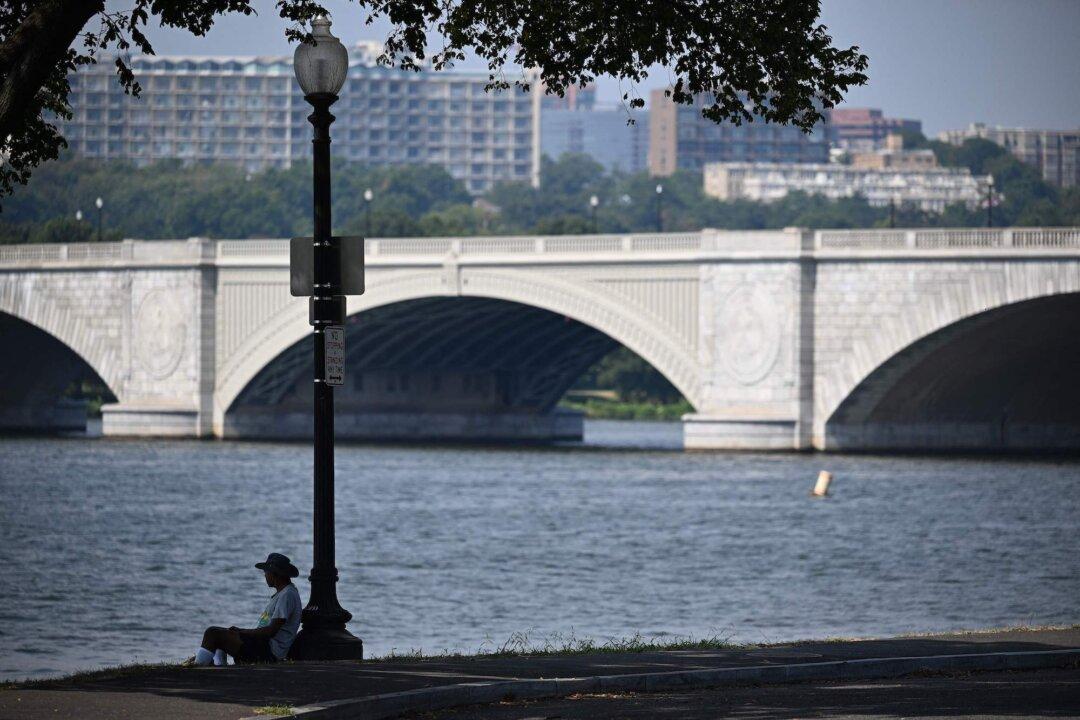A boil water advisory was issued on Wednesday night for the entire District of Columbia due to algal blooms in the Potomac River triggered by high temperatures.
The District of Columbia Water and Sewer Authority (DC Water) said the precautionary advisory encompasses those at the Pentagon, Arlington National Cemetery, and Reagan National Airport.





